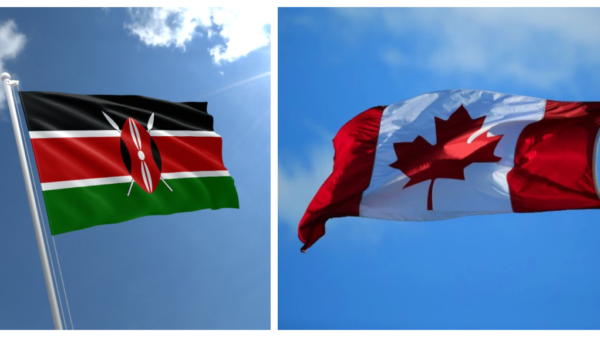- Proposed bill may let Judiciary and Parliament set own daily allowances, sparking national wage bill concerns
- Disagreements between SRC and JSC arise over determining facilitative allowances in the Judiciary
- Amendment debates intensify as SRC opposes changes, citing concerns about constitutional overreach
In a significant development, a bill currently before Parliament is poised to grant the Judiciary and Parliament the authority to independently determine their daily subsistence allowances.

SRC Chairperson
Photo:Google
The move, if implemented, has the potential to escalate the national wage bill, as Members of Parliament (MPs) and senior judiciary members seek increased benefits from their official travels.
Tensions have escalated between the Salaries and Remuneration Commission (SRC) and the Judicial Service Commission (JSC) over the methodology for establishing facilitative allowances in the Judiciary. The Statute Law (Miscellaneous Amendments) Bills, specifically numbers 67 and 68, aim to amend the Parliamentary Service Act and the Judicial Service Act. These amendments would empower the respective commissions to determine daily subsistence allowances for their employees, including state officers.
The Judicial Service Commission relies on Article 172, Sub-article 1 of the Constitution, which grants it the authority to review and recommend conditions of service for judges and judicial officers, excluding remuneration. In contrast, the SRC points to Article 230, Sub-article 4, emphasizing its role in setting and regularly reviewing the remuneration and benefits of all State officers, including Members of Parliament and Judges.
According to an analysis by the SRC, the wage bill for the current financial year is anticipated to reach Ksh.1.17 trillion, with daily subsistence allowances accounting for Ksh.41.3 billion or 4% of the total. The Judiciary’s wage bill has been steadily increasing since 2017, projected to reach Ksh.11.7 billion in the current financial year.
A major point of contention is the self-determined Daily Subsistence Allowance (DSA) rate implemented by the JSC in 2019, leading to disputes with the Controller of Budget, as the rate surpasses SRC allowances. For instance, the Chief Justice’s local DSA is set at Ksh.30,000 by the JSC, compared to SRC’s recommended Ksh.22,000, creating a difference of Ksh.8,000.
The proposed amendments, if approved, could result in a considerable rise in the cost of per diems, especially in the Judiciary over the last six years. This increase, projected to reach 24% of the Judiciary wage bill, raises concerns about financial sustainability. Currently, the wage bill at the Judiciary represents 62% of its revenues, while in Parliament, it stands at 55%.
The SRC has opposed the amendments, contending that they are unconstitutional as they seek to usurp functions reserved exclusively for the SRC. The debate surrounding the bill intensifies as lawmakers deliberate on potential implications for the national budget and public sector employment.




























